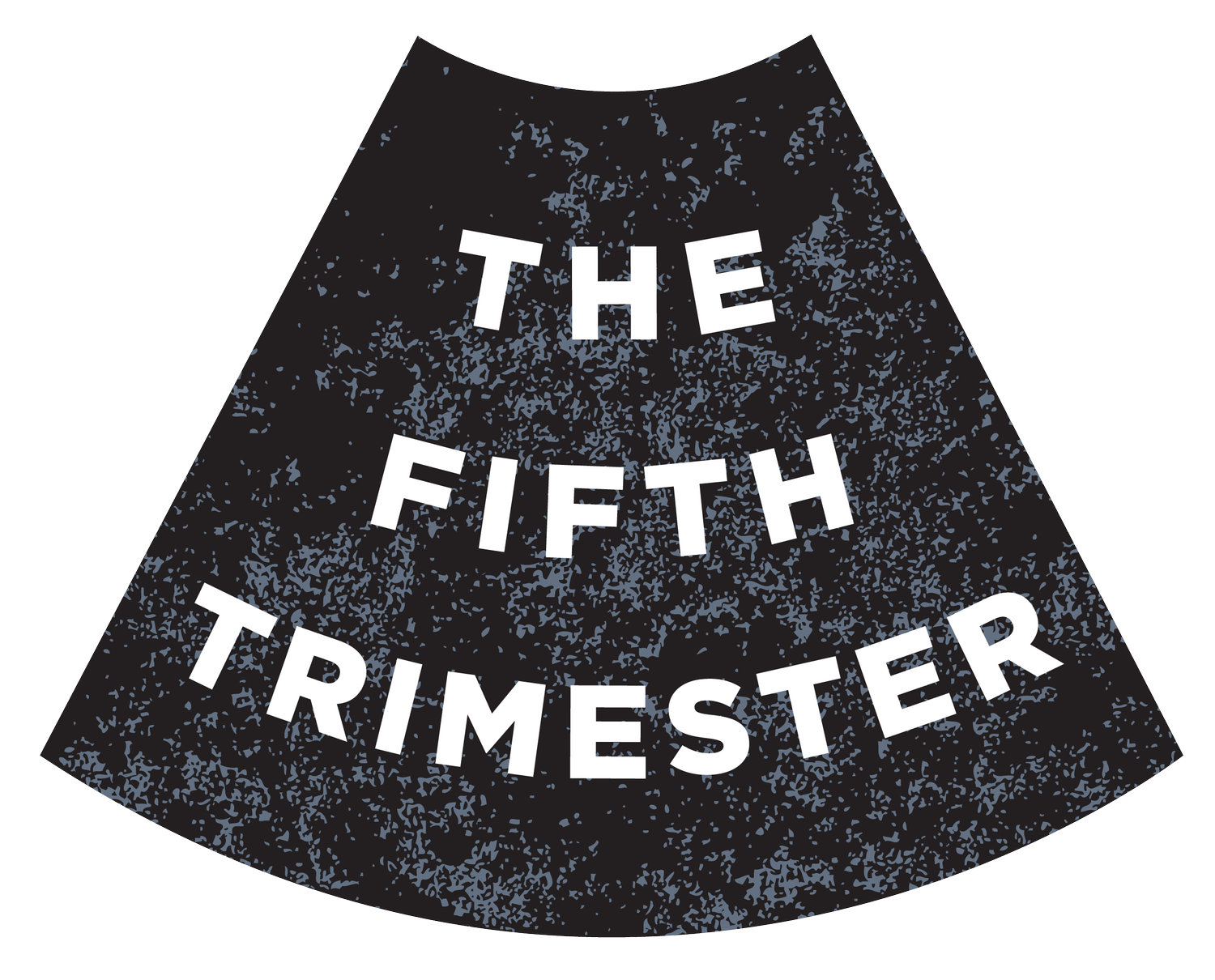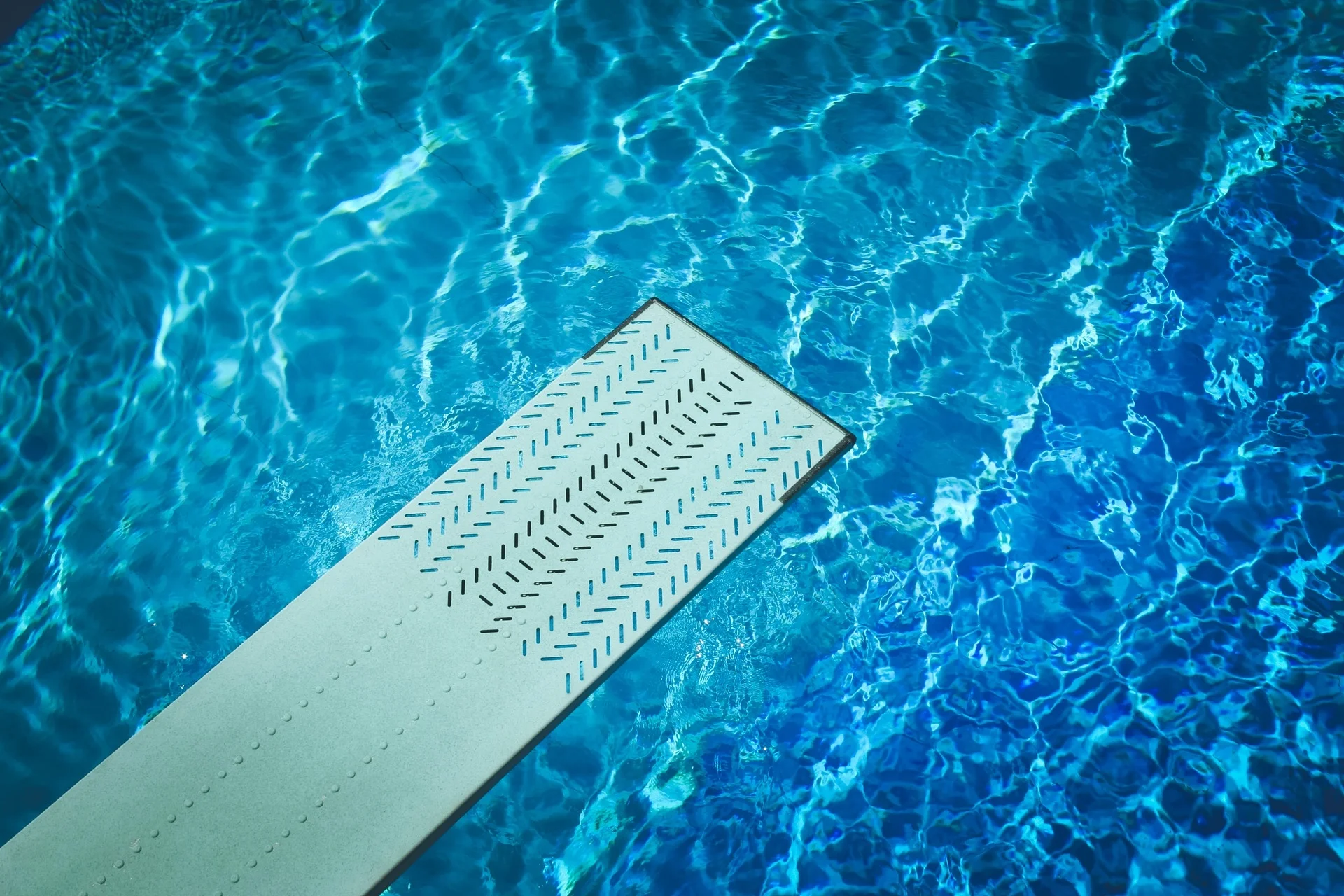I don't know about you, but I spent an inordinate number of hours of my pregnancy thinking about what to pack in my hospital bag. Then, our baby was born and I spent an inordinate number of hours of my maternity leave thinking about what I needed in the diaper bag every time we left the apartment.
What I didn't think about was my back-to-work bag. But by the second baby, I had it down. Here's your checklist:
1) Pump stuff (if you're pumping). The machine, the tubing, the cooler, the flanges (maybe my least favorite word of all time).
2) Duplicate pump stuff. Yep, you're going to want extras. Because tubing cracks, but your sanity shouldn't have to.
3) Something from home. Pictures are awfully nice. You might imagine it's torture to have to look at your baby's sweet little face on your desk all day, but it will eventually become a comfort, and just part of the scenery, not a distraction. I am also a huge advocate of bringing your "whole self" to work, and this is one easy way to show everyone around you: "Hey, I'm a mom now. But I'm also here and working. I did it. I'm doing it. You can too."
4) Extra clothes. Even if you're not breastfeeding (and occasionally leaking), you will be shocked by how stealthily babies can spit up on you. At no other stage in your career would you find a random stain down your back—hours and hours after your goodbye hug.
5) All of your numbers. These will be in your phone, but unless you're a savant number memorizer, bring a print-out anyway to soothe your paranoia (and mine): Pediatrician, caregiver or daycare, your OB/Gyn, your spouse/partner's secondary number (you know, the one you don't have memorized).
6) Your hand-off memo from back before you left. Thankfully, much of what's on there will be long-ago-taken-care-of ancient history (and it will feel great to cross those things off). But I guarantee there will be something people decided to "wait for her" on. Going through your memo to check for these things will give you something to do right away, and it'll put your mind at ease, too.
7) Something sensory and relaxing. Think: some luxe-smelling lip balm, or a piece of good chocolate. The mindful use of one of your senses has been shown to halt anxious ruminations.
8) And food, glorious food. I really recommend packing your lunch for at least your first few days back. A) It's a guarantee that you will have time to actually find food. B) If you're pumping you have to eat to make milk. And C) It's just a nice little way to take care of yourself—or, better yet, to have your partner take care of you. It's silly, but nothing makes you feel more together than a packed lunch. If you got out of the house, and got to work, and did it with a healthy, lovely lunch, you must have your act together, you capable woman! Yes, one turkey sandwich can do all that.
















